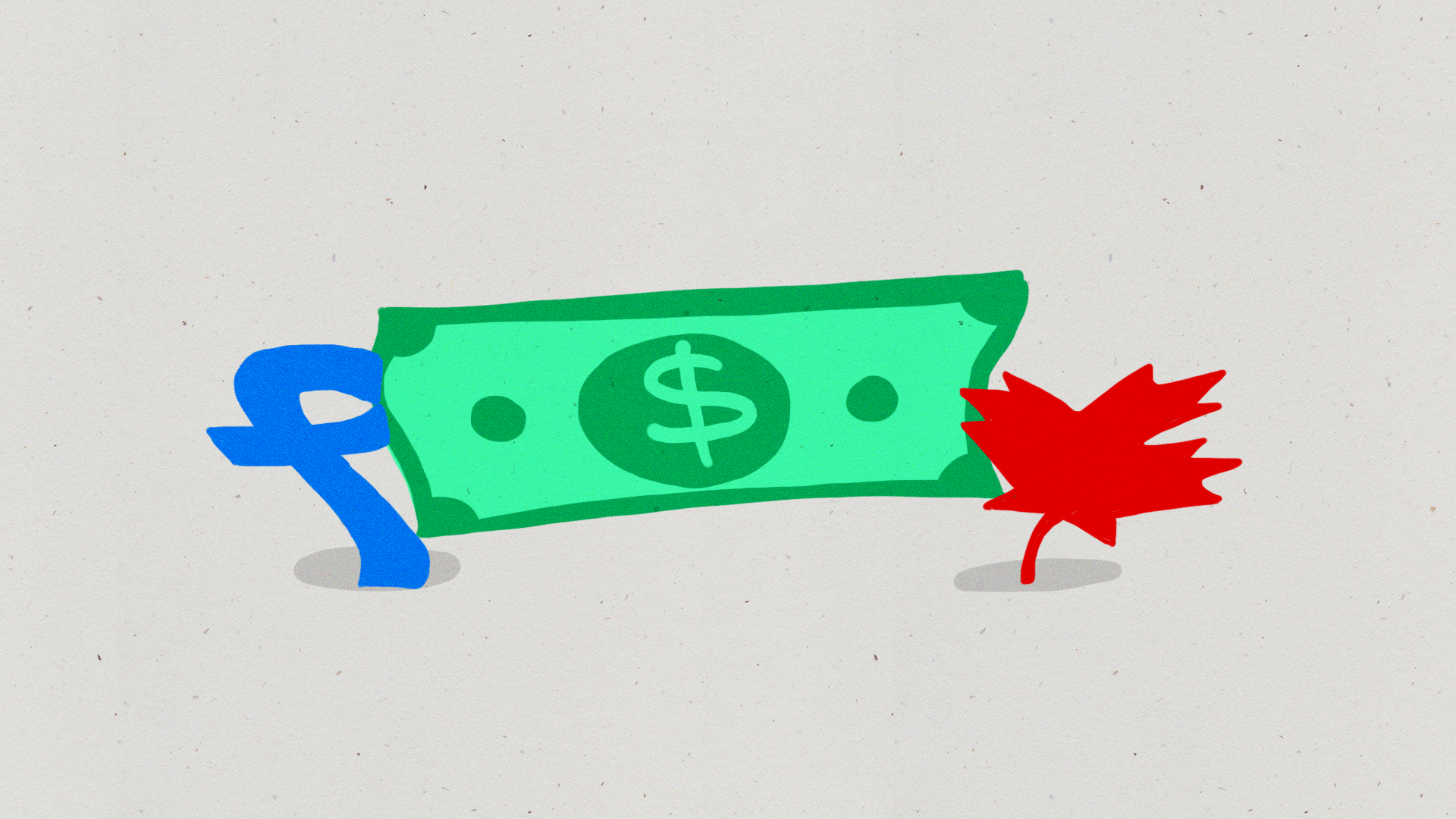Can’t share this
The fight for the future of the internet has gotten the heat turned up. Earlier this month, the conflict playing out in the Australian Parliament between Google and a proposed law that would make them and Facebook pay to link to news sources jumped to the public consciousness.
Google has since decided to get ahead of the legislation and began paying news outlets for their stories in their Google News Showcase program. This is a complete reversal after threatening to exit the country completely, should Australia go through with the legislation.
Facebook, on the other hand, went on the offensive. On Feb. 18, Facebook users in Australia were unable to see or share any news content. The ban was far-reaching, covering both domestic and international news outlets. The ban went so far as to remove some pages relating to government institutions. In regards to this issue, Australian Prime minister Scott Morrison said, “They may be changing the world, but that doesn’t mean they run it.”
Facebook relented once they began striking deals a few days later on Feb. 23 after the code was amended.
Facebook claims that they are different in handling news than Google, namely that publishers choose to publish their articles on Facebook. Facebook claims that they give publishers “5.1 billion free referrals to Australian publishers worth an estimated AU$407 million.”
According to Axios, the number of visits to Australian news sites both domestic and international dropped during the few days the ban was in place. It remains to be seen how restoring sharing affects these sites or if the ban hurt Facebook usage in the country on a larger scale.
Enter Canada. The same day that news was removed from Facebook in Australia, Heritage Minister Steven Guilbeault, who is in charge of similar legislation, doubled down on his commitment to the project. His proposed legislation is expected to hit Ottawa later in the spring, according to Reuters. Indications suggest the legislation will follow the Australian model rather than the French model, which differs in that publishers are paid to have their content used in a special content area called Google News Showcase, rather than charging for access to links.
Pandora’s box has been opened, with Australia leading a charge that appears to only be snowballing from here.
Canada’s follow-up to Australia will likely be pivotal. Many popular outlets of Australian media are owned by a rather controversial company, News Corp., which contains The Wall Street Journal, The New York Post, and Fox News, among others. News Corp. championed the legislation through their various channels, leading some to question the motive of the legislation and consider it “media blackmail,” such as Jeff Jarvis, director of the Tow-Knight Center for Entrepreneurial Journalism at the Craig Newmark School of Journalism at the City University of New York.
Other companies such as Seven West Media have joined Google News Showcase in Australia.
Canada following the Australian model legitimizes it and establishes it as a standard, even though it’s not an actual law yet.
As we spend more time online due to the continuing pandemic, the market dominance of Google and Facebook has come to the forefront. The Canadian Media Concentration Research Project clocked Google at 50 per cent market share in Canadian online advertising in 2019, and Facebook was nearing one-third, leaving only roughly one-fifth of the market.
It is unknown how this legislation will change those figures or anything as of yet since France is the only country to enact a law similar to this, and their model is not applicable.
So by the time you read this, you may not be able to share this. We are now in the waiting game to see what Canada’s heritage minister’s legislation brings to Canada, and how Facebook and Google react. If Australia is a model to go by, we may go a few days without sharing.
Graphic by Taylor Reddam
